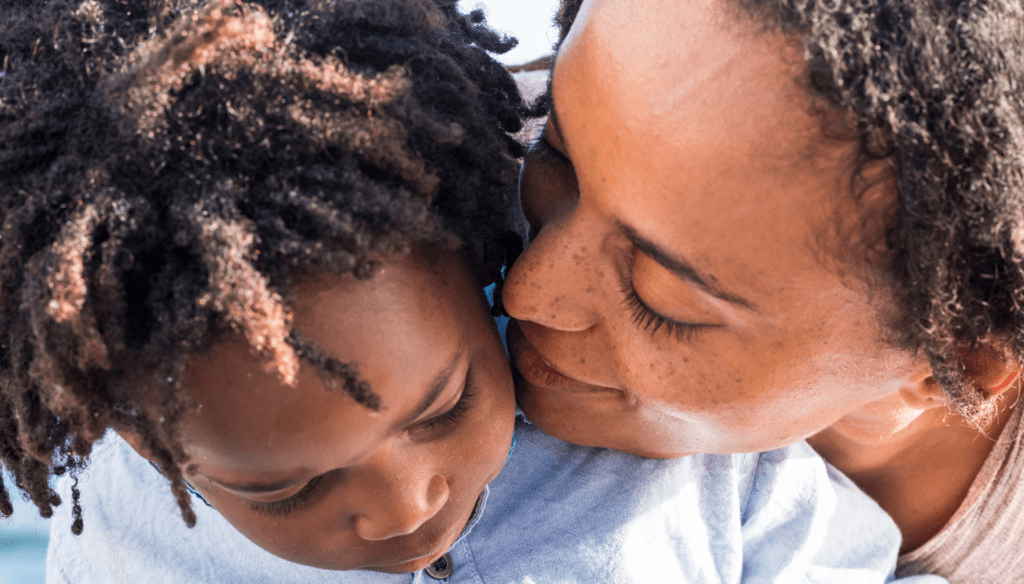By Dr. Wendy T. Talley, LCSW September 11, 2023
As parents, one of our most important roles is to guide our children through life’s challenging moments. One such moment in recent history is the tragic events of September 11, 2001, commonly known as 9/11. Discussing this sensitive topic with your child is challenging but essential for their emotional well-being. In this blog, we’ll explore five ways you can speak with your child about 9/11 and provide them with the support they need to navigate these complex emotions.
1. Age-Appropriate Communication
The first and most crucial step in discussing 9/11 with your child is considering their age and maturity level. Younger children may not have the emotional capacity to comprehend the full extent of the events, while older children may require more detailed information. Here’s how to adapt your communication:

– For younger children (under 7): Keep the conversation simple and age-appropriate. Use language they can understand and focus on bravery, kindness, and resilience themes. Explain that something sad happened, but people came together to help each other.
– For middle childhood (7-12): Offer a more detailed but simplified version of the events, emphasizing the heroism of first responders and the nation’s unity in the face of adversity. Encourage questions and provide honest but gentle answers.
– For teenagers: Engage in open, candid discussions about 9/11, allowing them to freely express their thoughts and emotions. Encourage critical thinking and help them explore the broader societal implications of the event.
2. Create a Safe and Open Environment
Create a safe and open environment to ensure your child feels comfortable discussing 9/11 with you. Find a quiet and private space where they can freely express their thoughts and emotions. Reassure them that their feelings are valid and their questions are welcome. Please encourage them to share their concerns without fear of judgment or reprisal.

3. Use Open-Ended Questions
Engaging your child in meaningful conversations about 9/11 requires asking open-ended questions. Instead of asking yes-or-no questions like, “Are you okay?” or “Did you understand everything?” try asking:

– “Can you tell me how you’re feeling about what you heard about 9/11?”
– “What do you think about the way people helped each other during that time?”
– “Is there anything specific you’d like to know or discuss about 9/11?”
Open-ended questions invite your child to express themselves more fully and can lead to more profound conversations.
4. Provide Reassurance and Support
Reassurance and emotional support are crucial when discussing traumatic events with your child. Reiterate that they are safe, loved, and cared for. Let them know it’s normal to experience a range of emotions, such as sadness, fear, or confusion. Emphasize that you are there to listen, support, and help them process their feelings.

5. Share Stories of Resilience and Unity
While it’s essential to acknowledge the tragedy of 9/11, it’s equally important to highlight stories of resilience, heroism, and unity. Share stories of people coming together, helping each other, and rebuilding after the attacks. These stories can inspire hope and demonstrate the strength of the human spirit.

Conclusion:
Discussing 9/11 with your child is a challenging but necessary conversation to help them process their emotions and understand a significant historical moment. By adapting your communication to their age, creating a safe and open environment, asking open-ended questions, providing reassurance and support, and sharing stories of resilience, you can guide your child through this sensitive topic while promoting their emotional well-being. Remember that every child is unique; the key is to be empathetic, patient, and responsive to their needs throughout the conversation and beyond.
References:
Article “Talking To Children About Terrorism”: https://911memorial.org/learn/youth-and-families/talking-children-about-terrorism
Article and interview “They Don’t Remeber Their Parents Dying On 9/11. But They’ll Never Forget”– https://www.npr.org/2021/09/05/1031794811/911-children-stories-legacy
About Dr. Wendy Talley:

Dr. Wendy Thelese Talley is an internationally recognized Corporate Wellness Expert with over 22 years of experience in the mental health field. As the Founder and CEO of Thelese Consulting Group, LLC, Dr. Talley has built a reputation as a thought leader in creating Wellness Programs for corporate companies and non-profit organizations, utilizing EAP services and community resources to maximize mental health benefits for employees. With her interactive and informative in-person and webinar training, Dr. Talley provides valuable insights for managers and leaders, in addition to their staff, to cultivate a culture of well-being within their organizations. Dr. Talley also serves as a current board member for Single Moms Planet.














